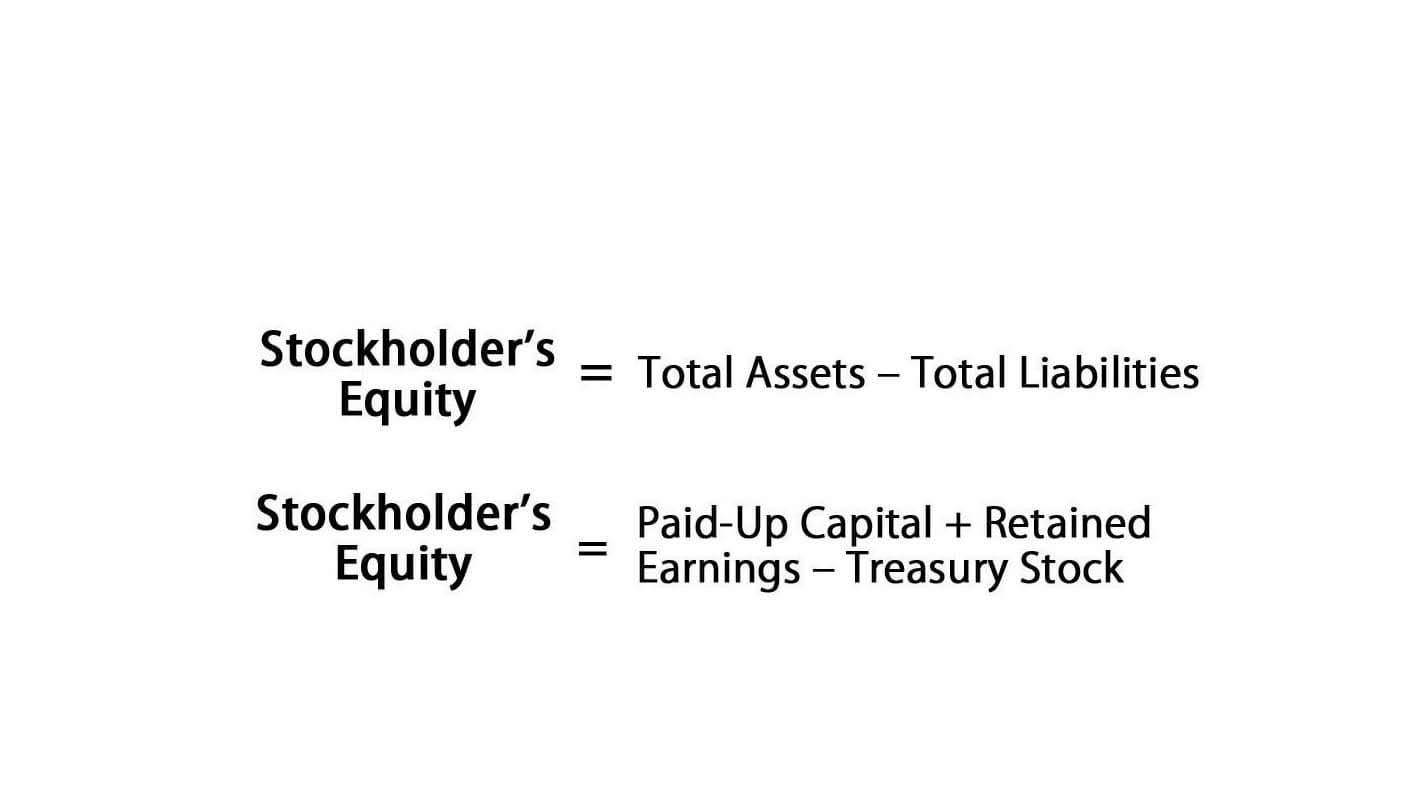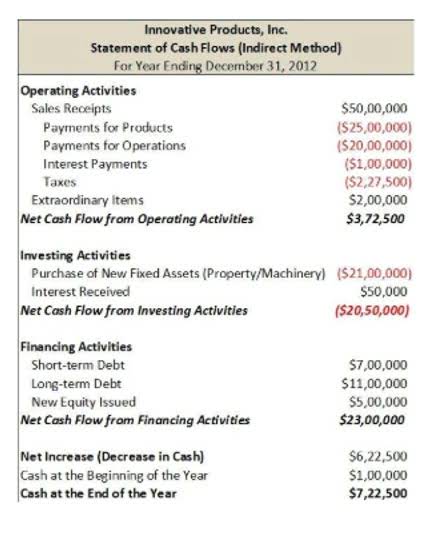Cash to accrual for accrued payroll and compensation expense
29 Jul

The use of accrual accounts greatly improves the quality of information on financial statements. Unfortunately, cash transactions don’t give information about other important business activities, such as revenue based on credit extended to customers or https://www.bookstime.com/tax-rates/oregon a company’s future liabilities. By recording accruals, a company can measure what it owes in the short-term and also what cash revenue it expects to receive. It also allows a company to record assets that do not have a cash value, such as goodwill.
Time Value of Money
Let’s run through the journal entries related to compensation and accrued payroll. When an employee earns compensation but it is not yet paid, the company would debit compensation expense and credit accrued payroll to record the liability. Then, when the compensation is paid, the company would debit accrued payroll to remove the liability and credit cash for the cash outflow related to paying the employees compensation. Some cash payments may relate to assets that have not yet been consumed, such as rent deposits. Review expenditures made during the accounting period to see if there are any prepaid expenses, and move the unused portion of these items into an asset account.
- Conversion from accrual to cash basis is often undertaken by companies that need to get a better idea of the company’s profitability in terms of the cash that companies have raised over time.
- Under the cash basis method, revenue is recorded when cash is received, whereas under the accrual basis, revenue is recorded when it is earned, regardless of when the cash is actually received.
- A company’s Accumulated Payroll account is an example of an accrued expense from processing payroll.
- Accrual Basis is most commonly used by companies across the globe, primarily because of the matching concept.
- An accrual is a record of revenue or expenses that have been earned or incurred but have not yet been recorded in the company’s financial statements.
Prepaid Expenses Methodology
In conclusion, adopting cash-to-accrual accounting strategies requires careful consideration of tax implications and a successful transition of business practices. Ensuring compliance with GAAP and the IRS will provide a more accurate representation of your business’s financial position. To account for Accounts Payable, start by analyzing transactions and identifying any unpaid supplier invoices. In addition, unlike the cash basis of accounting, the accrual basis of accounting considers several different accounts. To illustrate the change from an accrual to a cash basis adjustment, accountants employ specific formulas.
SHIFT CUSTOMER PREPAYMENTS

The main advantages of using the cash basis are that it creates a simpler and more straightforward way of calculating your tax liability, and you don’t have to pay taxes on income you haven’t yet received. The basic rule of accrual accounting is to record transactions when they happen instead of when you receive or deliver payment. Accrued expenses are similar to accrued revenues in the sense that you were recording when the transaction happened, and not when there’s a payment. In this post, we’ll go over what you need to know about the accrual method of accounting, including its benefits, how it compares to cash accounting, and if it’s right for your business. If the company receives an electric bill for $1,700, under the cash method, the amount is not recorded until the company actually pays the bill. However, under the accrual method, the $1,700 is recorded as an expense the day the company receives the bill.

All this can muddy the performance waters, and be perceived as being disingenuous when you are looking to raise your next round. Customer prepayments refer to payments received from customers before the customer entails the required goods or services. For example, if a customer pays for future service, it is recorded as a customer prepayment.
- Selecting the right accounting method is a strategic decision that is foundational to your startup’s financial integrity and scale.
- An accounting or tax professional can provide additional advice on the conversion process and how this change affects a company’s financial statements.
- This is important for assessing the company’s profitability, financial stability, and operational efficiency over time.
- To record accruals on the balance sheet, the company will need to make journal entries to reflect the revenues and expenses that have been earned or incurred, but not yet recorded.
- Accrual and cash basis are two popular methods of accounting, each with its advantages and disadvantages.
- This is why there are many account-related courses in Ahmedabad to help those interested in learning more about accounting understand the principles and practices of the same.
In these circumstances this accrual to cash conversion excel worksheet can be used to convert between the two systems. Switching from cash basis to accrual accounting can impact taxes, as the timing of recognizing revenue and expenses can change. Accrual basis accounting may result in higher taxable income in the short term if there are significant accounts receivable and deferred expenses. accrual to cash adjustment However, it also provides a more accurate representation of the company’s financial position, which may benefit long-term tax planning. Cash basis accounting records revenue and expenses when actual payments are received or disbursed. On the other hand, accrual accounting records revenue and expenses when those transactions occur and before any money is received or paid out.
- Also, be aware that the use of the cash basis for tax reporting purposes is limited by the IRS to smaller organizations that do not report any inventory at the end of their fiscal years.
- Some cash payments may relate to assets that have not yet been consumed, such as rent deposits.
- Another example of an expense accrual involves employee bonuses that were earned in 2019, but will not be paid until 2020.
- As of January 2018, small business taxpayers with average annual gross receipts of $25 million or less in the prior three-year period could use it.
- Record accounts receivable and sales for all billings issued to customers and for which no cash has yet been received from them.
- For instance, you cannot use the cash-basis accounting for the businesses that manufacture, purchase, or sell physical products.
- This formula adjusts the cash amount by accounting for the changes in outstanding receivables or payables during the period.
The conversion of cash basis to accrual basis accounting can be a difficult one, for any accounting software that has been configured for the cash basis is not designed to handle accrual basis accounting. This means that all conversion adjustments must be made manually, with journal entries. It may be easier to manage the conversion on a separate spreadsheet, and never include it in the formal accounting records at all. While accrual accounting offers a complete picture of a company’s financial health, it can sometimes obscure cash flow issues. Since revenue is recognized at the time it is earned rather than when cash is received, a business might appear profitable on paper while facing cash shortages in reality. This situation needs diligent cash management and forecasting to ensure that the business can meet its short-term financial obligations.
Step 1: Begin With an Understanding of How To Create an Accrual Accounting System
Corporations, partnerships, and QPCs are all eligible to employ cash-basis accounting with the IRS so long as they meet specific requirements. The fundamental principle behind this method of reporting is to account for cash outflows and inflows. Countability is on the period they occur rather than the periods in which the related expenses and revenues are spent.
Accruals impact a company’s bottom line, although cash has not yet exchanged hands. Accruals are important because they help to ensure that a company’s financial statements accurately reflect its actual financial position. To record accruals on the balance sheet, the company will need to make journal entries to reflect the revenues and expenses that have been earned or incurred, but not yet recorded.
